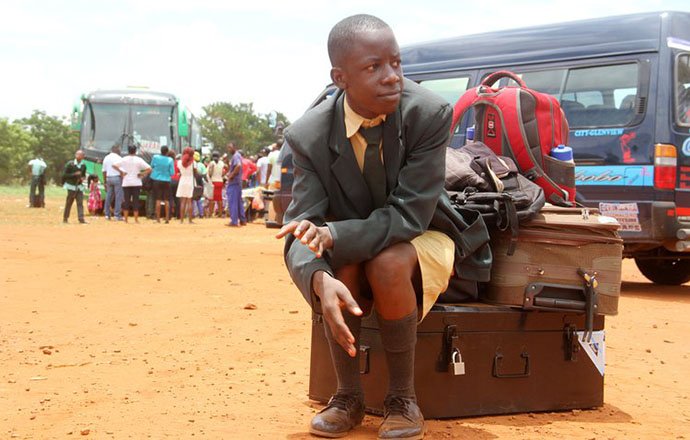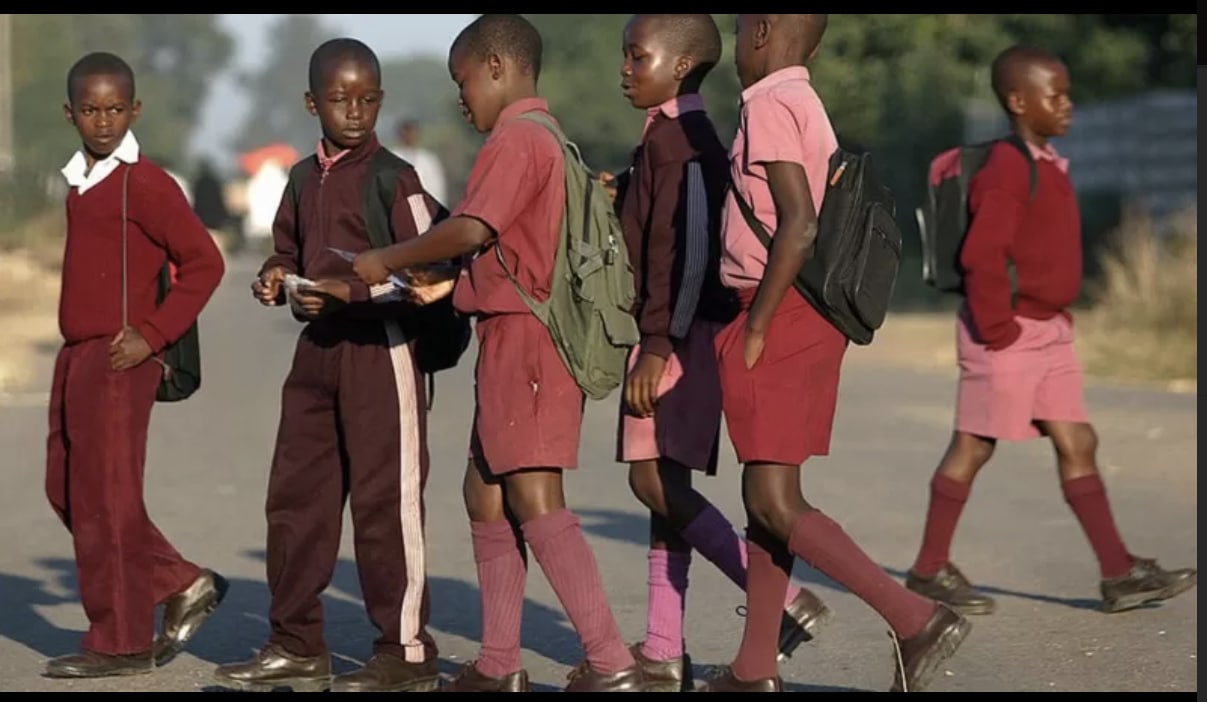Children’s mental health during the Covid pandemic era is at stake. It has been over two years now since the outbreak of the Covid 19 pandemic in 2020. While focus has been on how adults were affected by the endless lockdowns, there as been very little coverage on the effects of the pandemic on children. Are they not human anymore? Have they stopped existing? In fact, children are one of the worst affected societal groups which suffered in the following ways; death of parents or family members and disruption of their routines and resources that school and after-school care ordinarily provide. Additionally, most children were exposed to hazards in the home, including parental issues such as intimate partner violence and substance abuse.
The United Nations Children’s Fund (2021) notes that at least 27 percent (%) of young people in Zimbabwe aged 15 to 24 years suffer from depression, which is partly attributable to the Covid pandemic. These statics are worrisome and gives rise to questions regarding the state of welfare of younger children and whether there have been any deliberate follow ups in this regard. This specifically refers to children at primary to secondary school levels of education, that is from grade 1 to form 4 who have been compelled to do online lessons due to movement and gathering restrictions imposed by the government in a bid to contain the pandemic. . While some children have access to online lessons, it remains a pipe dream for others due to financial limitations amongst other factors. Two years is long time and children may even forget about what they learnt before the outbreak of Covid 19, especially
those at primary school level whose syllabus had just changed. If a student had been failing to grasp some of the concepts during face to face lessons, he or she is most likely to experience worse difficulties when attending online lesson where they may be unable to directly interact with the teacher at times. The closure of educational institutions at all levels has also contributed to weakening of protective factors, including daily routine and social interactions that help maintain good mental health. A case in point is that children from abusive backgrounds had to stay home with the “devil” daily.
A reduction of infections in Zimbabwe resulted in the easing up of Covid pandemic restrictions in February 2022, including the opening of schools to face to face lessons. However, this relief was short-lived as the opening of schools coincided with job action by teachers who are demanding a salary raise. The question is are we doing our best as a nation to provide our children with a conducive environment to learn or simply flushing a whole generation down the drain?
According to American Journal of Emergency Medicine, (2020), Violence and substance abuse rose by 25-33 percent globally during the Covid pandemic induced lockdowns. Lee Savio Beers, MD, president of the American Academy of Pediatrics and Medical Director for Community health and advocacy at Children’s National Hospital in Washington, DC observes that the mental health of children and teens is at a critical tipping point. Some children who were exposed to these vices have to attend school without receiving any counselling. In addition, Covid 19 related deaths have robbed some children and families of bread winners who used to pay for their school fees and no one has come forward to fill this gap. This uncertainty can lead to depression and anxiety which may adversely affect a child’s focus in school and outlook on life. This urgently calls for adequate support and timely intervention to enable these children to bounce back as we recover from the COVID 19 crisis. If the mental health dimension is left unaddressed, the effects of the Covid 19 pandemic will continue to cast a shadow over the lives of young people and a whole generation can be lost.
The uncertainties and broad impacts of COVID 19 affected societal groups differently. young people were 30% to 80% more likely to report symptoms of depression or anxiety than adults in Belgium, France and the United States in March 2021. Higher levels of loneliness have also been reported by young people. This can be accredited to various factors hence mental health experts are encouraging people to seek help and even attend family therapy sessions as we live through this traumatic experience. While some people do not believe in therapy, bottling up emotions will always affect one’s life.
The government is called upon to improve mental health support systems for all as the Covid pandemic disrupted lives at all levels. It is recommended that the government utilises available psychologists who are in excess amongst its skilled labour force to service the people at the above-mentioned institutions, amongst others. The use of different platforms such as mental health hotlines and youth centers enabled by online tools is also suggested. Additionally, building the capacity of Village Health Workers on identifying mental disorders and counselling could go a long way in improving access to mental health care services to children and other populations residing in rural areas.
Learn more about therapeutic treatments here



Leave a Reply